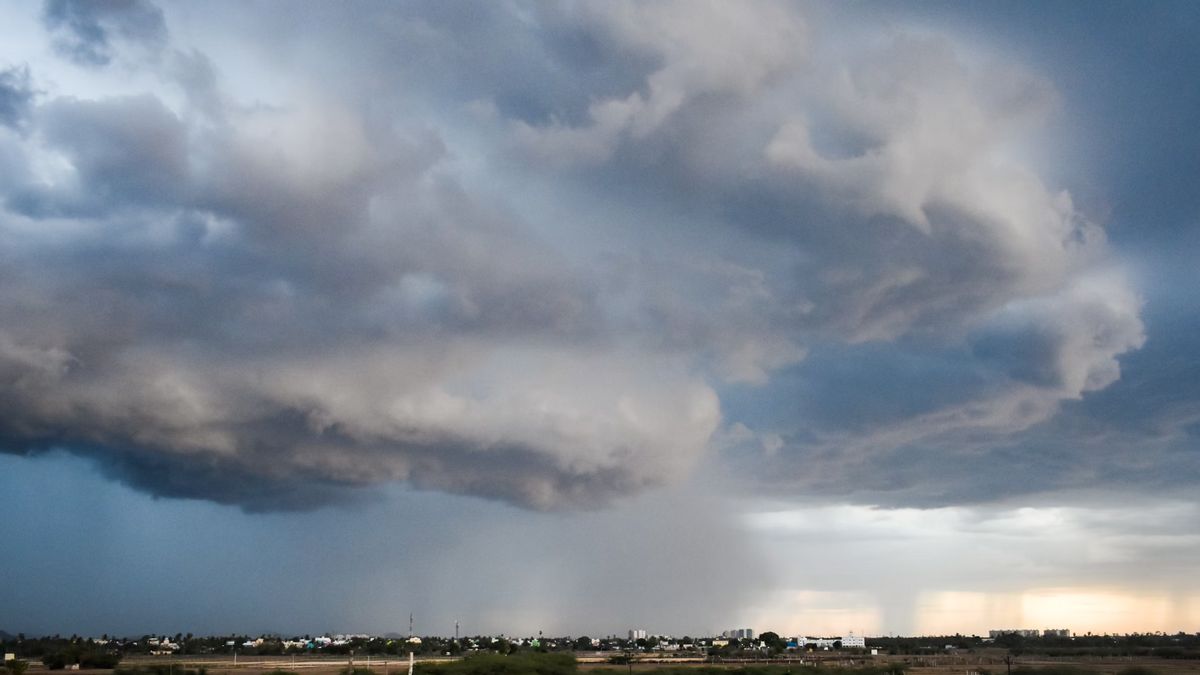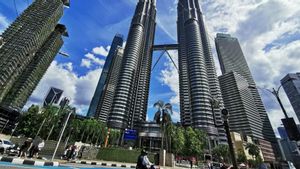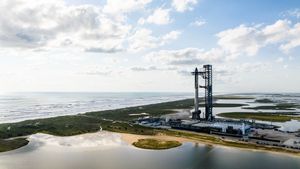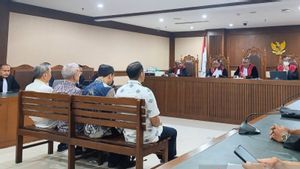South Korea ordered residents living near rivers in the central region to flee homes when heavy rains caused rainfall of more than 300 mm. Warnings were issued in most of the region including the capital.
The rain caused the cancellation of more than 24 flights at Incheon's international airport and also disrupted rail services in Seoul, the emergency authorities said.
The government is overseeing a sudden increase in water discharge in rivers from North Korea, and is urging vigilance against land mines planted on the border by its neighbors that can be swept downstream.
The South Korean military said it could not rule out the possibility that North Korea would plant more mines in recent weeks, as they were fully aware of the possibility of heavy rains.
"We are monitoring the water level in major rivers owned by South Korea and North Korea in real-time," said a military spokesman, Lee Chang-hyun, quoted by Reuters, Thursday, July 18.
SEE ALSO:
North Korea has ignored its neighbor's request to be notified when the country opened a floodgate in a large reservoir after a flash flood that killed six people in South Korea in 2009, caused by overflowing rivers across the border.
Despite July's annual muson rain, the summer months in recent years have seen extreme weather that President Yoon Suk Yeol said should be anticipated as a result of climate change.
The English, Chinese, Japanese, Arabic, and French versions are automatically generated by the AI. So there may still be inaccuracies in translating, please always see Indonesian as our main language. (system supported by DigitalSiber.id)


















